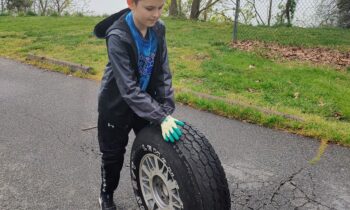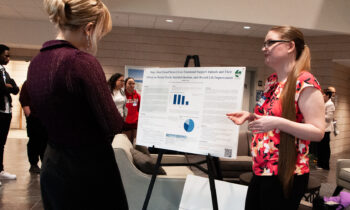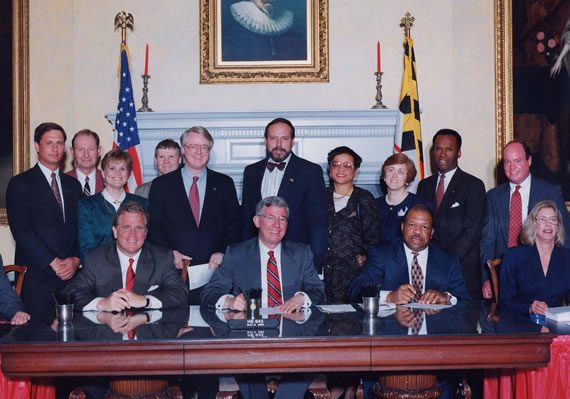
In 1994 when Maryland Governor William Donald Schaefer signed an executive order designating a “rural development council” for Maryland, he had no way of knowing he would set in motion the formation of a new institution that would touch the lives of hundreds of thousands of people, not just in rural Maryland, but in every corner of the state.
The following year, the council organized itself as the “FORVM for Rural Maryland” and was permanently established by an act of the State legislature, adopted by a unanimous vote of both houses of the Maryland General Assembly. The ancient Roman word “forvm” distinguished its mission, to provide a place for local and State leaders to exchange ideas and pursue solutions to the issues facing Maryland’s rural communities.
25 years later—re-named the Rural Maryland Council (RMC), it continues to distinguish itself in its efforts to champion the cause of rural Marylanders while emphasizing the importance of working with suburban and urban communities to create a stronger, united Maryland. “It’s true that our rural communities are faced with challenges that need to be resolved differently from our suburban and urban counterparts,” says Charlotte L. Davis, RMC executive director and fourth executive director for the group. “But when you really get down to it there is more that we have in common than what separates us.”
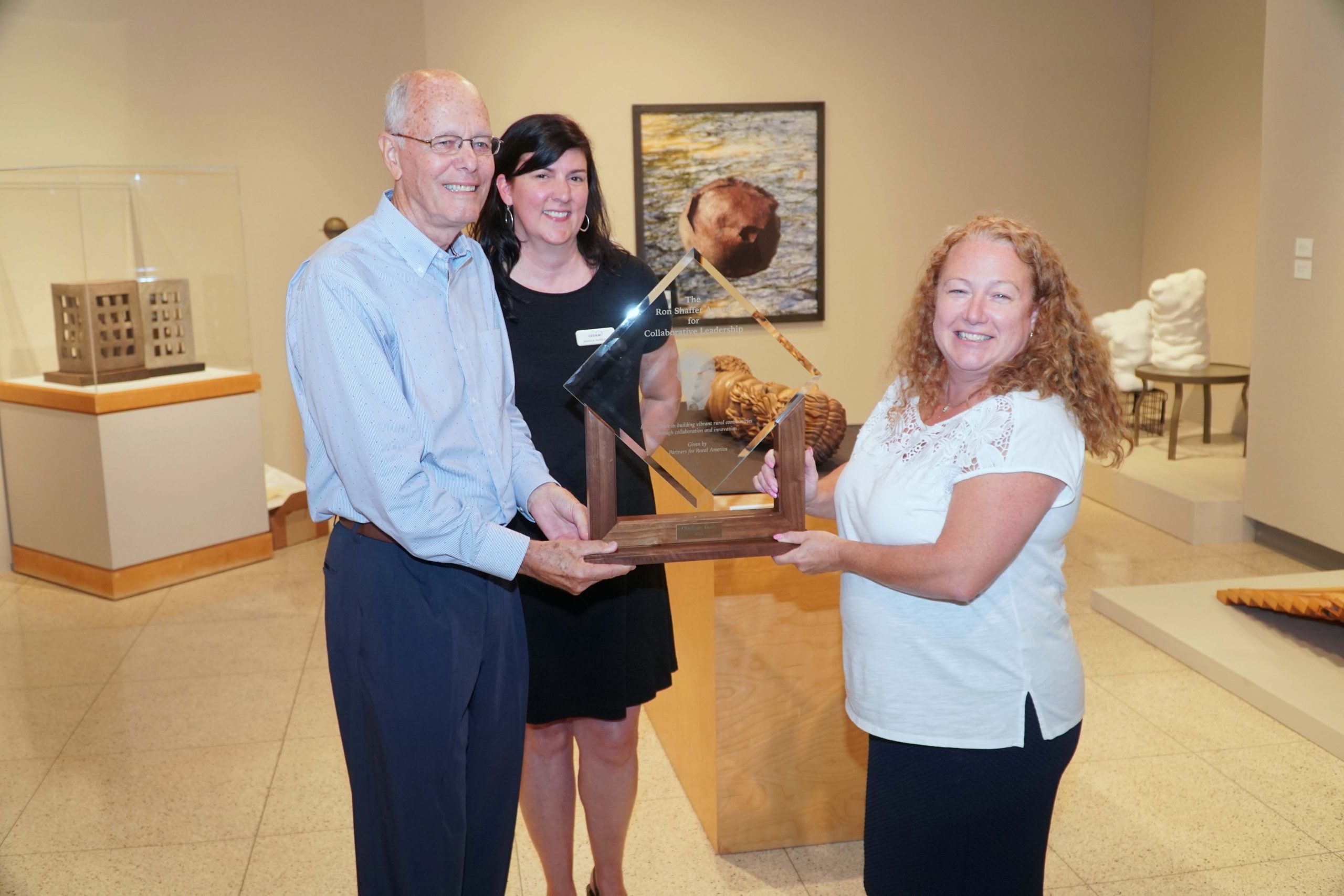
Throughout its history, the RMC has never backed away from the big, difficult and often controversial issues like wastewater, inadequate access to health care, financial resources and broadband. From the beginning it has remained steadfast in problem solving using two important tools: Giving voice to rural Marylanders and creating partnerships.
Using these tools, RMC has racked up some impressive accomplishments including:
• Creating the Maryland Agricultural Education and Rural Development Assistance Fund (MAERDAF) which to date has funded more than $5.8 million in grants.
• Establishing the Tri-County Council for the Lower Eastern Shore, Mid Shore Regional Council and Maryland Agricultural and Resource Based Industry Development Corporation (MARBIDCO).
• Receiving a National Rural Impact Award in 2001 from the National Rural Development Partnership (USDA) for its work. It would be the first of many accolades the USDA would bestow on RMC.
• Establishing the Rural Maryland Prosperity Investment Fund (RMPIF) in 2006 and waging a decade-long battle to get it funded, which finally came in 2016. To date it has funded more than $14 million in grants.
• Co-hosting a regional forum on Rural Broadband in partnership with USDA Rural Development and taking a leadership role in sifting through the many complex issues related to broadband to produce recommendations for legislative action. Its executive director Charlotte L. Davis was tapped by the Maryland legislature to head the Task Force on Rural Internet, Broadband, Wireless, and Cellular Service.
- Facilitating the addition of money to the Rural Broadband Assistance Fund. State funding for this initiative was $11.8 million between 2008 and 2011.
- Gaining national recognition in 2019 when Partners for Rural America (PRA) bestowed its coveted Ron Shaffer Award to executive director Charlotte L. Davis. The award acknowledges an individual who excels in building a national and state rural development partnership.
Perhaps the best appraisal of an organization’s success is whether it measures up to its founders’ expectations. “When I founded the organization with Bill Walker 25 years ago, and drafted the State legislation that established the FORVM for Rural Maryland, we hoped it would continue to be a powerful voice for Maryland’s rural communities for many years to come,” says Gary V. Hodge, founding chairman of the FORVM from 1994-97, and executive director of the Tri-County Council for Southern Maryland from 1980 to 1998. “As is always true, the effectiveness of an institution depends on the ability and commitment of the people who lead it and support its mission,” he adds.
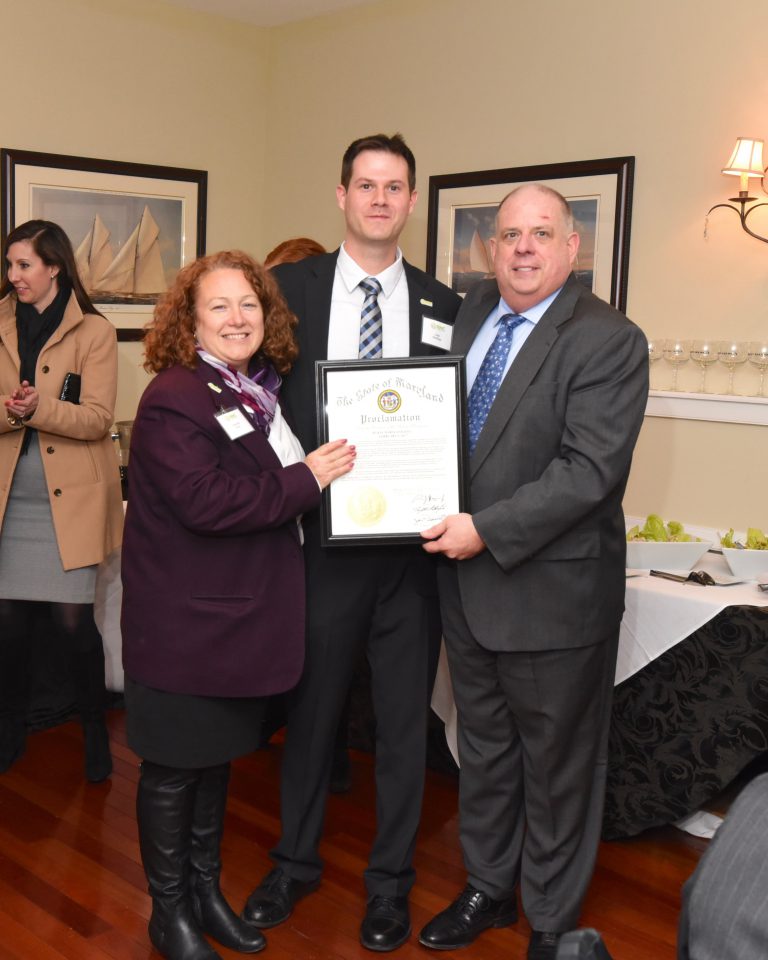
Photo by Joe Andrucyk
And for 25 years and counting, the Rural Maryland Council has answered that call. “Although much has changed since the creation of the Rural Maryland Council, we remain dedicated to the core values of preserving rural heritage, advocating for equity, and engaging partners and stakeholders to help build strong, resilient rural communities,” says John Hartline, RMC chair.
The Rural Maryland Council operates under the direction of a 40-member executive board in a nonpartisan and nondiscriminatory manner. It serves as the state’s federally designated rural development council and functions as a voice for rural Maryland, advocating for rural communities and businesses across the state to help them flourish and achieve equity with their suburban and urban counterparts. For more information, visit rural.maryland.gov, email [email protected] or connect with the Rural Maryland Council at facebook.com/RuralMaryland or on Twitter @RuralMaryland.

